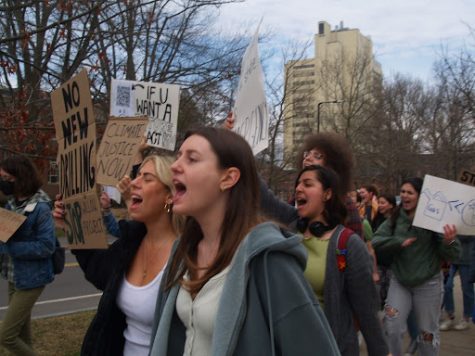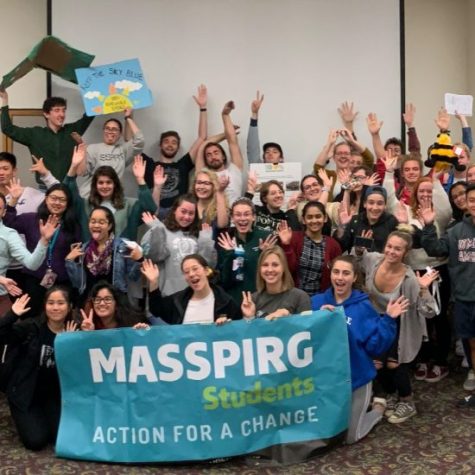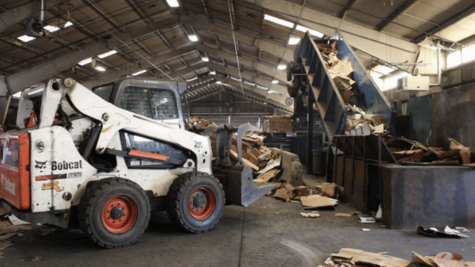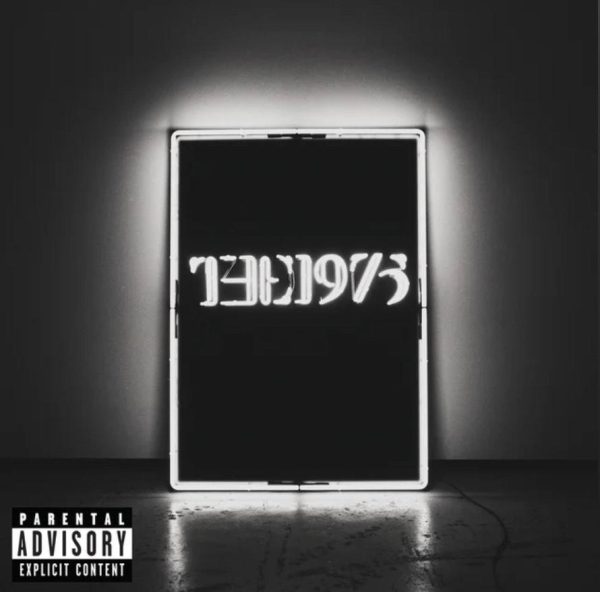Chancellor Subaswammy Must Sign the Break Free From Plastic Campus Pledge
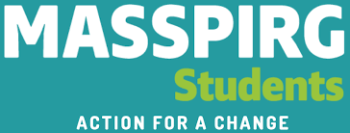
The manufacturing and pollution of plastic is an enormous threat to the climate on a global scale. Too often, people have a false assumption that the plastic pollution crisis is not related to climate change and environmental degradation. In reality, greater than 99% of plastic is made from fossil fuels. If humans continue to use plastic, business as usual, by 2030, the greenhouse gas emissions from plastic could climb up to 1.34 gigatons per year which is equivalent to 500 megawatt coal powered plants. By 2050, the accumulation of greenhouse gases through plastic usage can rise to 56 gigatons which is 10-13% of the remaining carbon budget. Not only that, over 1 million marine creatures die annually of plastic contamination.
These numbers are not just mere statistics for some dramatic emphasis; they are a call to action. For too long, corporations have not been held accountable for their plastic packaging and consumers have been burdened to share the responsibility of plastic pollution. To raise awareness, evidence, and accountability, through a brand audit, UMass Amherst’s MASSPIRG Break Free From Plastic Project collected over 500 items of plastic waste all around campus in the span of 4 hours and 13 volunteers. The whole process included identifying, counting, and documenting the brands that create the plastic materials. We collected plastic ranging from Polyethylene Terephthalate, High Density Polyethylene, Low Density Polyethylene, Polyvinyl Chloride, Polypropylene, Polystyrene, amongst others. Companies with the greatest polluters included World Centric, Pepsi Co, Coca-Cola, and General Mills.
The brand audit is only the beginning of our journey in making UMass Amherst a more sustainable campus. One of MASSPIRG’s major goals is to convince the chancellor to sign the Campus Pledge which will ban single-use disposable plastic. The pledge highlights a plan which will include four key steps: developing a plastic free/zero waste task force, eliminating all non-essential/ non compostable/ single use disposable plastics, establishing a procurement policy for long term elimination, and implementing a campus wide system that aids the proper collection of non-disposable products.
More than ten universities across the country have officially signed the pledge. If UMass Amherst wants to be a leader and strong example of sustainability rather than bureaucratic and economic self interest, the chancellor’s best option is to sign the pledge. In turn, UMass Amherst will protect the very environment that we all live in and have a responsibility to conserve.

